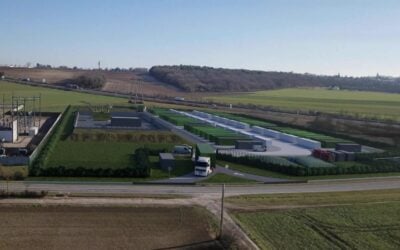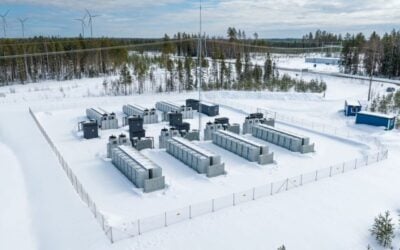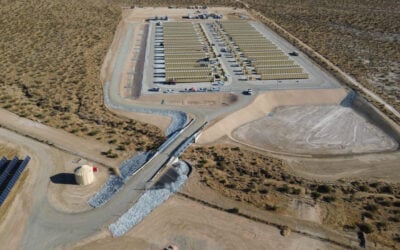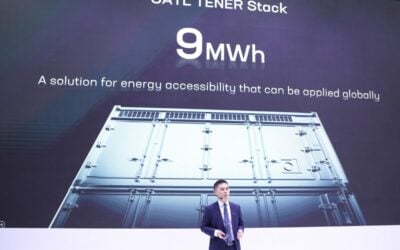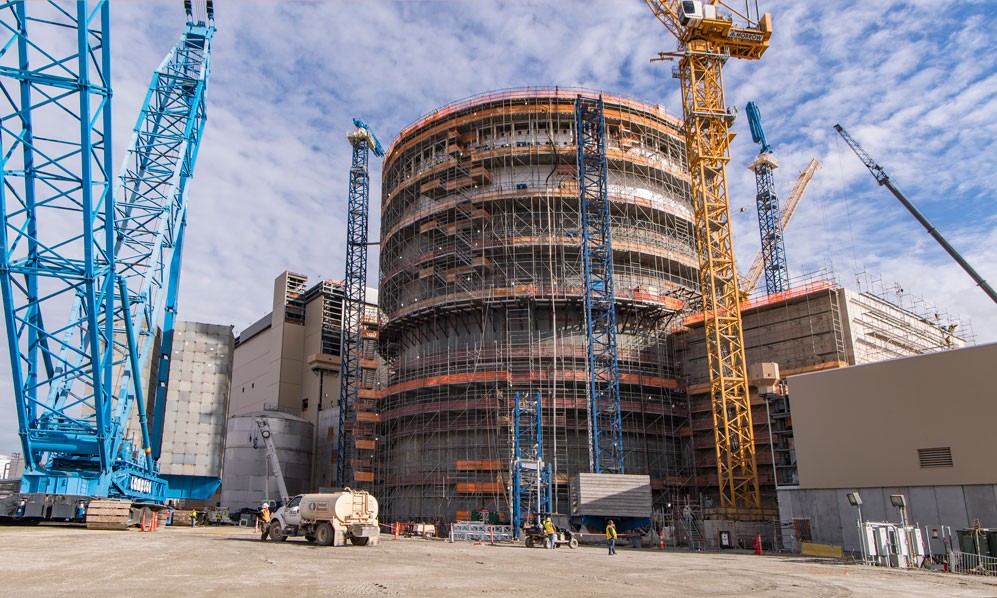
US utility company Georgia Power has approval from regulator Georgia Public Service Commission (PCS) for the first project in its 80MW portfolio of ‘build, own, operate’ standalone battery energy storage systems (BESS).
The company said yesterday that approval has been granted for Mossy Branch Battery Facility, a 65MW / 260MWh asset which will be charged with electricity from the grid. Georgia Power has appointed Wärtsilä as engineering, procurement and construction (EPC) partner to the project.
Enjoy 12 months of exclusive analysis
- Regular insight and analysis of the industry’s biggest developments
- In-depth interviews with the industry’s leading figures
- Annual digital subscription to the PV Tech Power journal
- Discounts on Solar Media’s portfolio of events, in-person and virtual
Georgia Power proposed its 80MW portfolio in its Integrated Resource Plan (IRP) in 2019. IRPs are long-term planning documents that set out regulated utilities’ spending, strategy and construction intentions.
The 2019 IRP included a 72% increase in renewable energy generation by 2024 — the addition of 2,260MW of new resources — as well as the retirement of five coal-fired power plants in the southern US state. The IRP was unanimously approved by PSC commissioners, paving the way for the utility’s more recent submission of the Mossy Branch project proposal.
Mossy Branch will be the first standalone battery storage system on the Georgia Integrated Transmission System grid and will be located on 2.5 acres of land in Georgia’s Talbot County.
While the utility is taking charge of the building, ownership and operation of Mossy Branch and other projects to come in that 80MW portfolio, it has also signed up as third party off-taker of energy from Hickory Park Solar Project, a solar-plus-storage project under construction through European power company RWE’s clean energy development arm, RWE Renewables.
Hickory Park is a 200MW PV plant and a 40MW / 80MWh DC-coupled BESS which RWE Renewables began construction on in November 2020. Wärtsilä is also working on that project, as supplier of the integrated battery storage solution including the controls platform to optimise and operate the plant. Wärtsilä described Hickory Park as a true hybrid resource, engineered to make the plant’s solar output dispatchable and simple to integrate into the local energy network.
Hickory Park is expected to reach commissioning before the end of this year. Georgia Power did not give a timeline for expected commissioning for the standalone Mossy Branch system.
The utility did say that the Mossy Branch project’s purpose is to enable real-time evaluation of the technical performance and economics of battery storage and its use for delivering multiple applications to the electricity network.
These applications could include providing electricity to the grid when renewable generation dips, storing surplus energy at off-peak times and discharging it during peak demand periods as well as kicking in to support the network if other generators go offline.

